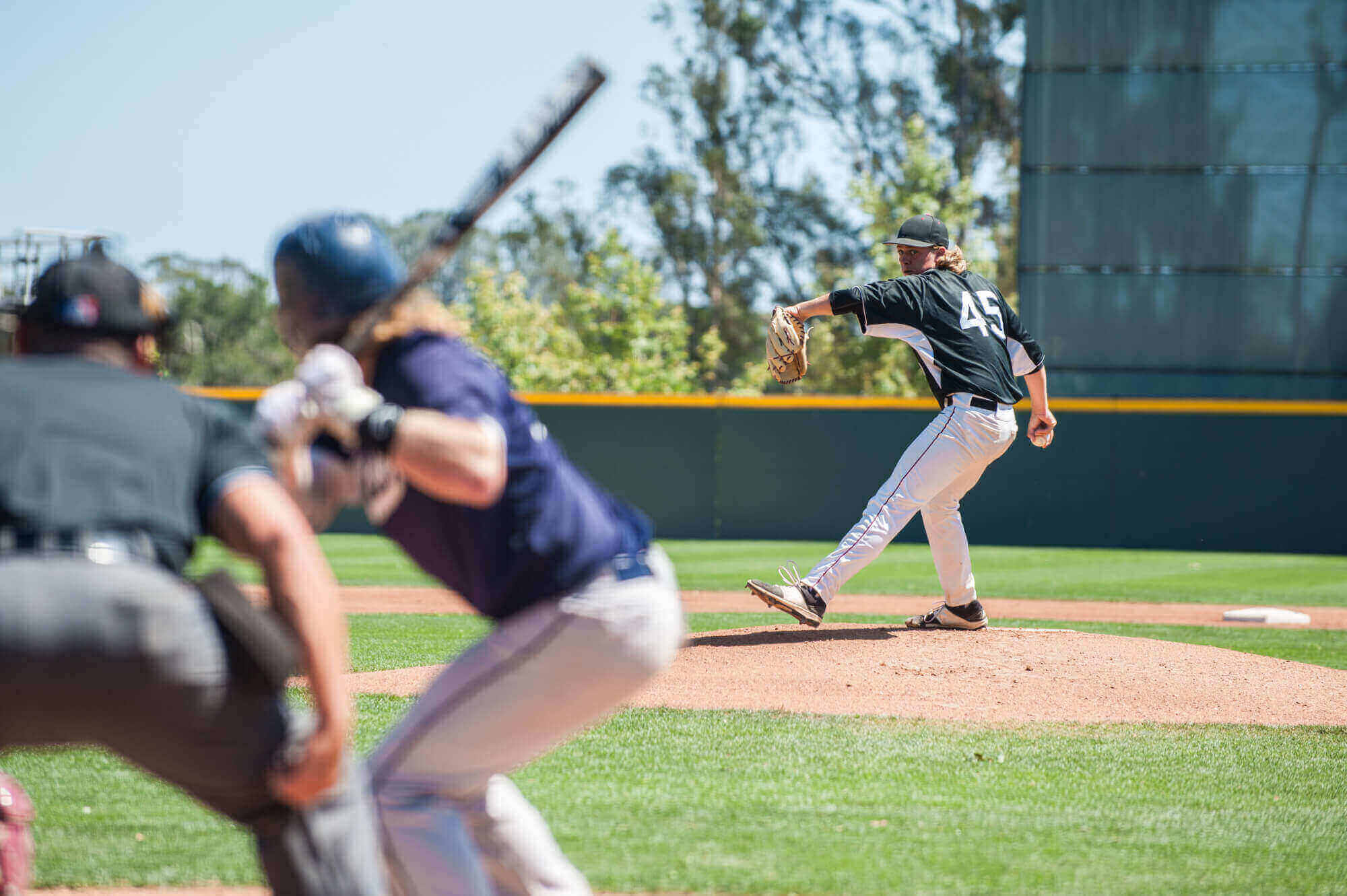
More than 45 million American kids play at least one sport—and three in four families with kids in the household shuttle at least someone to practices and games. But, once braces come on, many families worry about their child’s ability to hit the field, the court or the rink. It’s the same for adults—many play in recreational teams and worry about the impact braces will have.
- What happens if your or your child gets hit in the face with a ball?
- Do you or your child need to wear special protection to protect the braces?
- Is it even safe to play contact sports with braces?
While no two braces-wearers are the same, here’s the bottom line: your child can play ANY sport with braces.
That said, it’s important to understand what to expect once the braces come on so you can help your child stay safe and how to keep them—and their smiles—safe at all times.
It’s All About the Mouthguard…
When you or your child have braces, your orthodontist will recommend that your son or daughter wear an orthodontic mouthguard whenever he or she is engaged in contact sports. This includes sports such as basketball, football, soccer, and baseball. It’s also beneficial for hockey, wrestling, and most other forms of physical contact sports. This is not the same mouthguard you’ll find in a discount sporting goods store, though.
I love this office. Dr. Harrison and his staff are awesome. Everyone there is kind and patient. They have really up to date technology and give plenty of reminders for appointments (which makes a busy mom very happy)Danielle S., Collierville
What Does an Orthodontic Mouthguard Do?
Braces are highly durable, but they are also sensitive to pressure. Slight changes in their alignment can create problems for the improvements they are designed to create.
An orthodontic mouthguard minimizes this risk by protecting the actual braces from damage—and keep in mind these are different from traditional mouthguards. Orthodontic mouthguards are not made of the same hard plastic used in sports mouthguard. Instead, they’re made using a silicone material that’s more comfortable to wear. The material is engineered for added shock absorbency, which means any impact dissipates before it reaches your teeth or your child’s teeth.
When choosing an orthodontic mouthguard, it should:
- Fit your mouth comfortably
- Fit over your gums, teeth, and braces without strain
- Be designed to allow you to boil it for a custom fit
You can purchase your orthodontic mouthguard at most sport equipment stores. Be sure to purchase quality and ensure it is the right type. Several brands are available.
Let your Coach Know What’s Up
Take Care of It—and Wear It!
Stay in Your Sport – Just Protect Your Teeth
Dr. Harrison wants you to remain active and enjoying your favorite sports. Let our team know about your activities. We can help you choose the right type of mouthguard for your needs and provide follow-up care after the season to ensure your braces are healthy.
